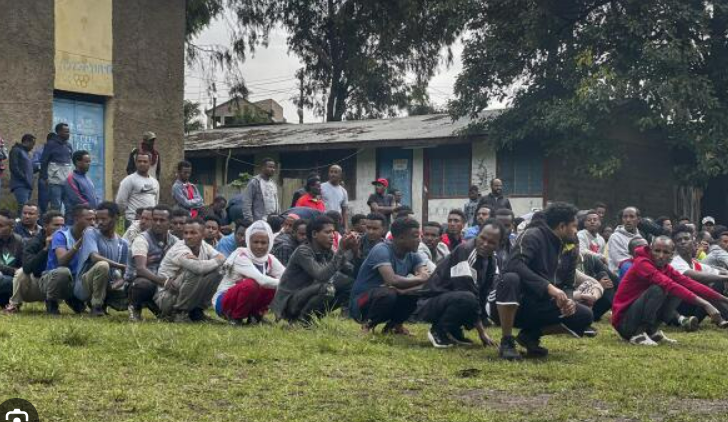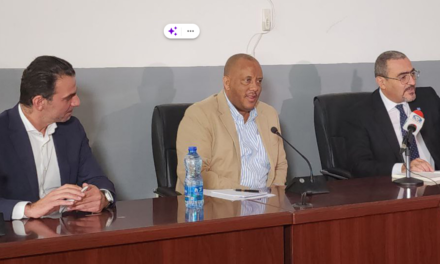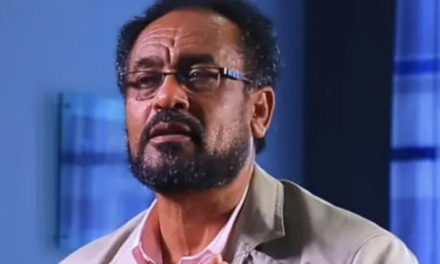EVN, August 10–The Director for the Horn of Africa at Human Rights Watch (HRW), has strongly criticized the Ethiopian government and its Western allies for their lack of responsible approach to the ongoing violent unrest and human rights abuses within the country. In a statement published on HRW’s official website, Bader highlighted the alarming situation in Ethiopia and emphasized the need for immediate action.
Laetitia Bader wrote that ears of violent unrest and armed conflict across Ethiopia have resulted in numerous abuses in various regions and

Laetitia Bader, Human Rights Watch
there seems to be no end in sight. The recent weeks have further illuminated the dire circumstances facing the nation.
Bader noted that the people of Amhara have been grappling with the repercussions of a two-year armed conflict in northern Ethiopia. Moreover, the region has been dealing with an influx of ethnic Amhara who have fled violence and targeted attacks in the neighboring Oromia region. Since April, clashes between the Ethiopian military and Fano militias have erupted in towns across the Amhara region. These confrontations were triggered by the government’s announcement of plans to dismantle and integrate regional special forces throughout the nation. The conflict has escalated in recent weeks, leading to an alarming rise in civilian casualties.
In response to the escalating violence, the Ethiopian government has resorted to increased repression. The authorities took the drastic step of blocking mobile internet access in April, and at least eight journalists who were covering the unrest have been arrested. On August 4, Ethiopia’s federal cabinet declared a six-month state of emergency, placing the Amhara region under a military command post accountable to the prime minister.
Human Rights Watch has expressed concern over the history of such emergency declarations in Prime Minister Abiy Ahmed’s administration, which often led to mass arrests, prolonged arbitrary detentions, politically motivated charges, and violations of movement and communication rights.
Bader highlighted the alarming content of the current emergency declaration, which is pending approval from parliament. The declaration imposes broad restrictions on various actions that could undermine basic rights. It grants the government sweeping powers to arrest criminal suspects without a court order, impose curfews, ban public gatherings, and conduct searches without a warrant. Although presently limited to the Amhara region, the declaration has the potential to be expanded to other areas of the country deemed necessary. Already, federal police in Addis Ababa have apprehended an opposition member of parliament and vocal critic of the ruling party and the government’s actions in the Amhara region.
Despite the escalating violence and the deteriorating human rights situation, Ethiopia’s regional and international partners have largely remained silent. Bader strongly urged these stakeholders to take a more assertive stance, pressuring the Ethiopian government to prioritize the protection of civilians in conflict-affected areas and uphold basic rights. Given the years of rights crises that have plagued the country, Bader emphasized that now is not the time for concerned governments to ease their scrutiny and pressure on Ethiopia.
As the situation continues to deteriorate in Ethiopia, the call for immediate attention and action to address the ongoing violence and human rights abuses grows stronger.








